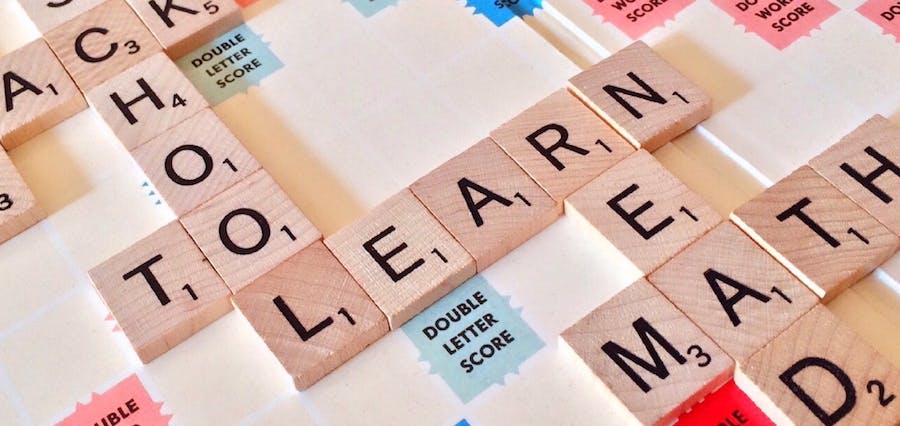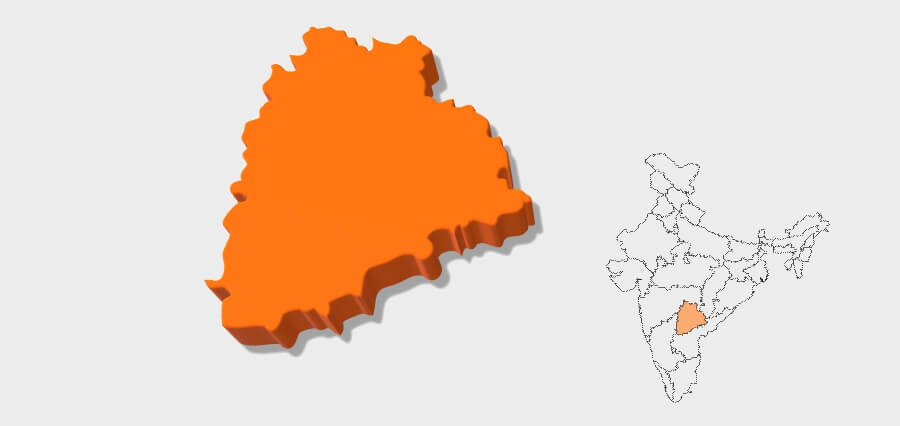
Written by Dr. Satinder Malhotra
“Women are constantly changing and reaching new milestones in entrepreneurship, administration, education, engineering, healthcare, etc., and making their leadership presence felt at regional, national, and global levels.”
In 2018, the United Nations General Assembly embraced the goal to make January 24 the International Day of Education to promote awareness of the availability of education. This decision was made by 59 countries that wanted to highlight the importance of education. Since then, every January 24 has been a day to recognize and celebrate the significance of education worldwide and has been celebrated as International Day of Education.
Today, 250 million children and youth are out of school, and 763 million adults are illiterate. Their right to education is being violated and it is unacceptable. It is time to transform education.
The United Nations is observing January 24 as the International Day of Education to highlight the important role that education plays in maintaining peace and development across the world. This year, the focus is on “Learning for lasting peace.” The idea is that education can transform us, giving us the knowledge and skills to be peacemakers in our communities. The theme emphasizes how education lays the foundation for more peaceful, fair, and sustainable societies.
UNESCO further added that inclusive and equitable quality education and lifelong opportunities for all are crucial for achieving gender equality and breaking the cycle of poverty. Learning for peace must be transformative and help empower learners with the necessary knowledge, values, attitudes, skills and behaviors to become agents of peace in their communities.
“Education is the most powerful weapon we can use to change the world.”
– Nelson Mandela.
Because if hatred starts with words, peace starts with education. Education must, therefore, be at the heart of our efforts to achieve and maintain world peace.





